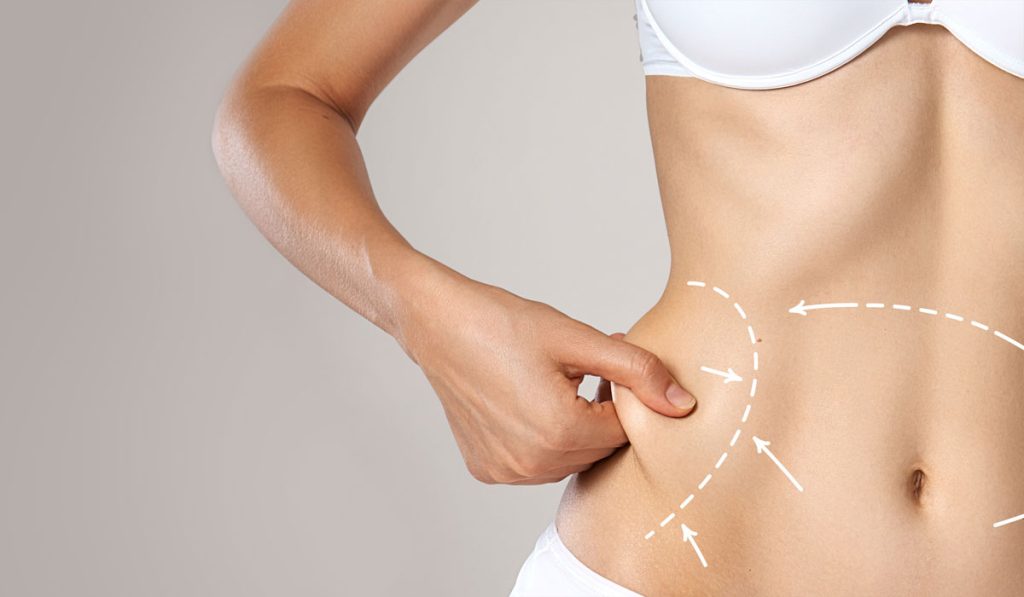The Best Aftercare Practices for Best Liposuction Clinic In Oman Surgery
Introduction
Liposuction is a minimally invasive procedure that involves suctioning out fat deposits through small incisions in the skin. While it is effective in reshaping the body and improving body contours, the success of the Best Liposuction Clinic in Oman greatly depends on the proper aftercare. Following the surgery, patients must adhere to specific aftercare guidelines to support healing, reduce the risk of complications, and enhance the final results.

Process
- Immediate Post-Operative Care
- Rest and Recovery: After the procedure, patients are usually advised to rest for the first 24 to 48 hours. Avoid strenuous activities and allow your body time to recover.
- Compression Garments: Wear the prescribed compression garment to reduce swelling and support the treated areas. This helps in contouring the skin to its new shape and reduces the risk of fluid accumulation.
- Wound Care
- Incision Care: Keep the surgical incisions clean and dry. Follow your surgeon's instructions for cleaning and dressing changes to prevent infections.
- Avoid Soaking: Avoid soaking the incisions in water (such as in baths or swimming pools) until your surgeon gives the approval, usually after about 2-3 weeks.
- Pain Management
- Medications: Take prescribed pain medications as directed to manage discomfort. Over-the-counter pain relievers might also be recommended, but always consult your surgeon before use.
- Swelling and Bruising
- Ice Packs: Apply ice packs to the treated areas to reduce swelling and bruising. Do this in intervals as recommended by your surgeon.
- Elevation: Keep the treated areas elevated to help reduce swelling. For example, if liposuction was performed on your abdomen, keep your upper body elevated.
- Activity and Exercise
- Gradual Return: Gradually resume normal activities as advised by your surgeon. Light walking can help improve circulation and reduce the risk of blood clots.
- Avoid Strenuous Exercise: Refrain from high-impact exercises and activities that can strain the treated areas for at least 4-6 weeks.
- Diet and Hydration
- Healthy Eating: Maintain a balanced diet rich in vitamins and minerals to support healing. Focus on foods that are high in protein and low in sodium to help reduce swelling.
- Hydration: Drink plenty of water to stay hydrated and flush out any toxins from the body.
- Follow-Up Appointments
- Regular Check-Ups: Attend all scheduled follow-up appointments with your surgeon to monitor progress, address any concerns, and ensure proper healing.
Benefits
- Optimal Healing: Proper aftercare facilitates faster and smoother healing, reducing the risk of complications and improving overall recovery.
- Enhanced Results: Adhering to aftercare guidelines helps in achieving the best possible results from liposuction, ensuring the treated areas heal correctly and contour as desired.
- Reduced Risks: Following post-operative care instructions minimizes the risk of infections, excessive swelling, and other complications that may affect the outcome of the surgery.
- Improved Comfort: Effective pain and swelling management contribute to a more comfortable recovery experience.
Characteristics
- Personalization: Aftercare practices may vary based on individual needs, the extent of liposuction performed, and the surgeon’s recommendations.
- Consistency: Consistent adherence to aftercare instructions is crucial for a successful recovery and achieving the best aesthetic results.
- Professional Guidance: Always follow the specific advice and instructions provided by your surgeon, as they are tailored to your unique situation.
Conclusion
The best aftercare practices for liposuction surgery are essential for a smooth recovery and achieving the desired results. By following the outlined guidelines, including proper rest, compression garment use, wound care, pain management, and gradual resumption of activities, you can support your body in healing effectively. Remember, the success of your liposuction journey depends not only on the surgical procedure itself but also on your commitment to adhering to the recommended aftercare practices. If you have any concerns or questions during your recovery, always consult with your surgeon for personalized guidance and support
